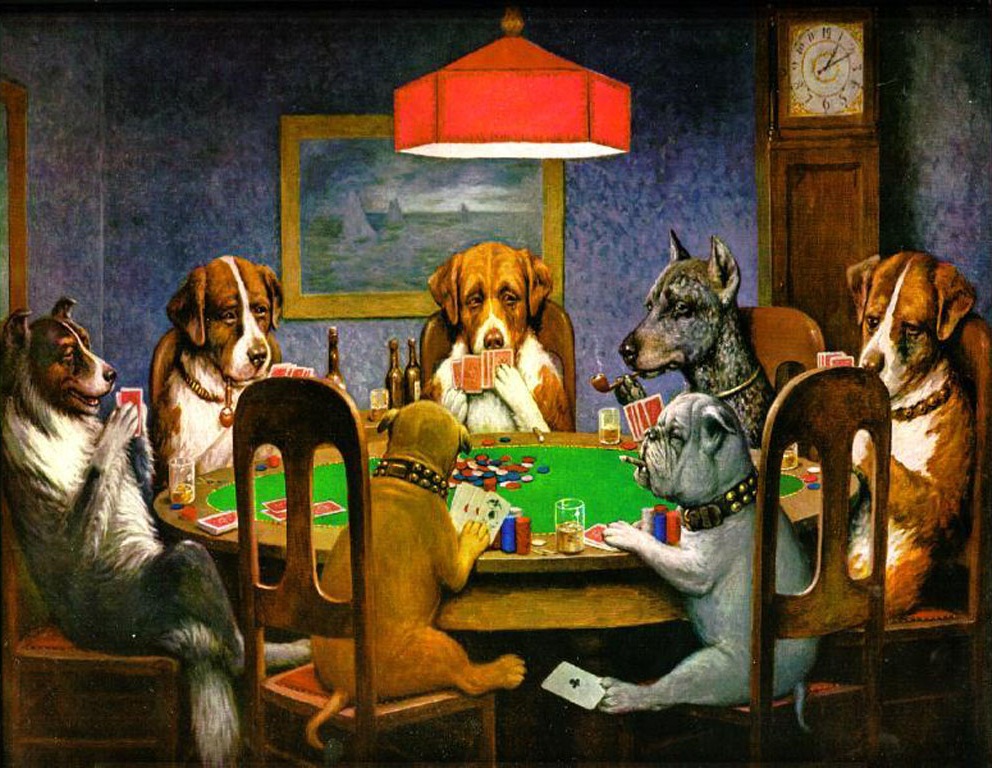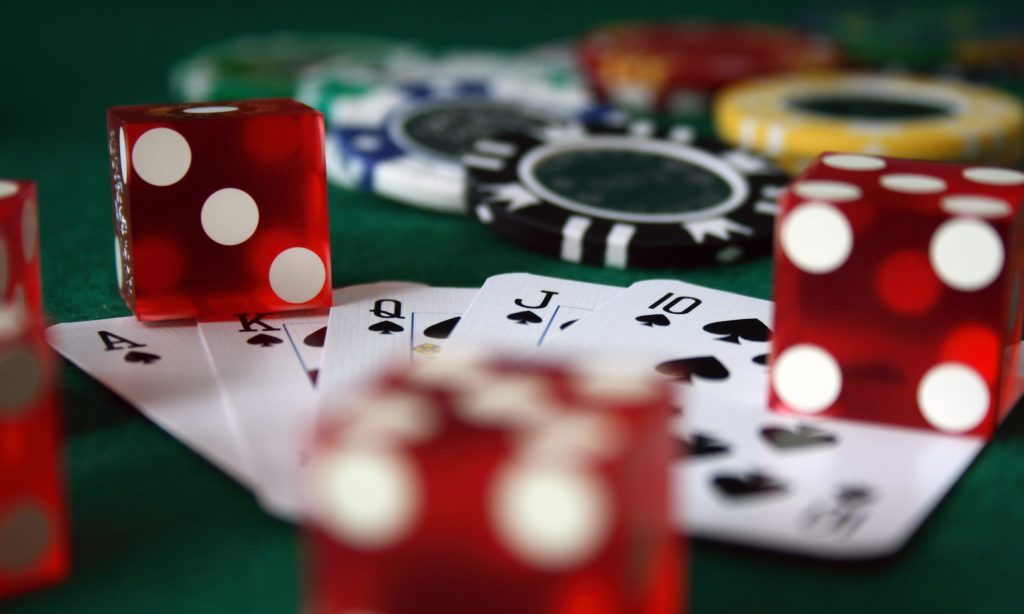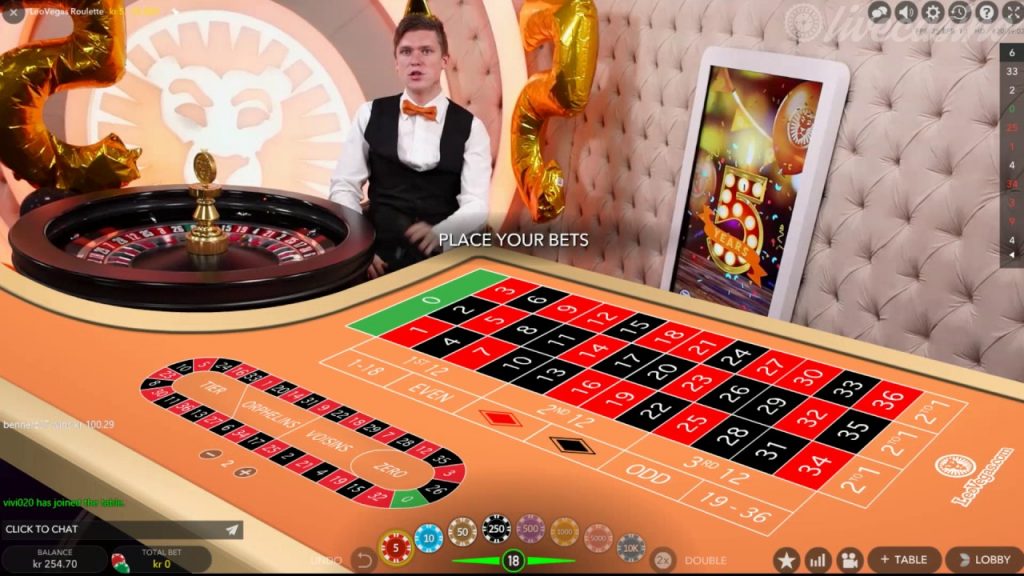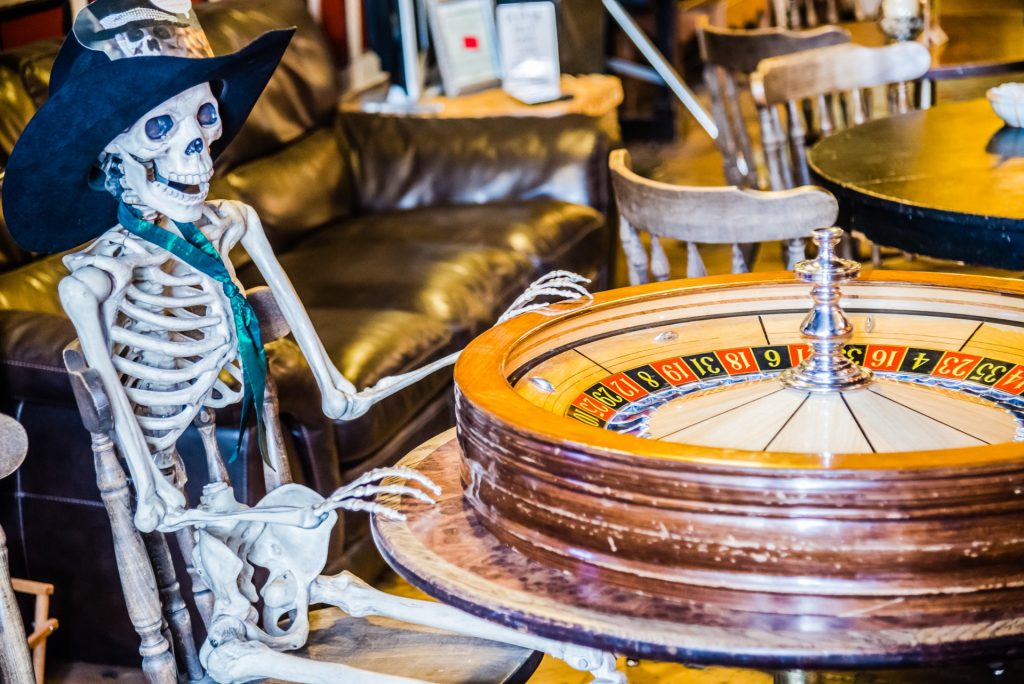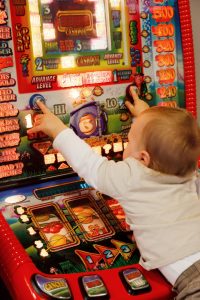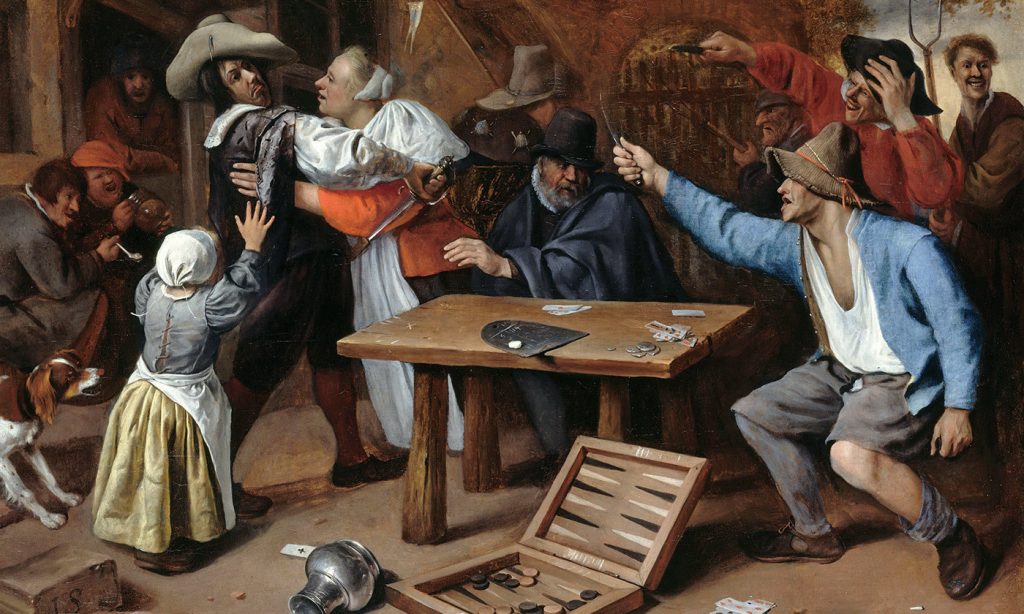When “addiction” comes up, it’s most often in the context of the “Big Three”: alcohol, tobacco, or drugs. But gambling can be an addiction, too. According to the National Council on Problem Gambling (2020), in the United States approximately 2 million adults have a “gambling disorder” (i.e., addiction) and another 4-6 million struggle with problem gambling. As of May 2, 2022, according to therecoveryvillage.com, that figure is as many as 10 million.
We watch lots of TV sports in this house, especially MASN (Mid-Atlantic Sports Network), CBS Richmond, and who knows how many other channels. And what I’ve noticed is that sporting events are riddled with commercials for “risk-free” on-line betting. During baseball games, they pop up every half inning!
By risk-free, I mean that upon enrollment, the bettor gets anywhere from $200 to $2000 to gamble without fear of losing actual money. Just imagine the scene: a bunch of people watching the game, knocking back a few, and deciding as a group, “Why not?”
Internet access and online betting platforms and games of chance can only increase the likelihood of developing gambling problems. According to a combination of national studies, 1 in 20 college students are compulsive gamblers, more than twice the rate of the overall adult population. “Some studies indicate that 23% of college students report gambling online, with 6% doing so weekly.” (therecoveryvillage.com) The American Psychiatric Association has identified Internet Gaming Disorder as a “condition warranting more clinical research and experience” before including it in the next edition of Diagnostic and Statistical Manual of Mental Disorders.
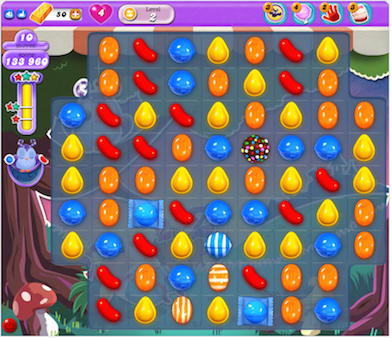
The trend of micro-transactions in video games has also contributed to online gambling addictions. Players exchange real-world money for virtual rewards in the game, often starting at less than a dollar (hence the micro-” descriptor). Studies show that players who purchase loot boxes or in-game currency and engage in risky behaviors within games are more likely to develop gambling addictions. This might be a case of correlation rather than causation, and the limited sample size makes research difficult.
Probably not coincidence: per a 2018 study by WalletHub, the most gambling-friendly state in the US, Nevada, also had the highest rate of gambling addiction. (Once upon a time I was shocked to find slot-machines right next to the condom machines in women’s toilets.)
As with alcohol, tobacco, and prescription drugs, gambling is usually not illegal (laws vary greatly among states, and online gambling is even more complicated). And as with the Big Three, many people who are diagnosable as addicts don’t recognize/rationalize their behaviors. Only 21% of incarcerated people assessed as having gambling addiction thought their gambling was problematic.
Also like the Big Three, 69% of adolescent gambling addicts started gambling before age 12, and the earlier the onset, the greater the severity.
Types of gambling
- Games of chance (e.g., lottery, roulette)
- Games of skill (e.g., poker)
- Blended betting (my term, e.g., horse racing)
Male vs. Female
- More men are compulsive gamblers
- Women start gambling at a later age
- Women become addicted to gambling more quickly
The gambling personality (scientificamerican.com)
- The more one gambles, the harder it is to stop
- Gambling alters many of the same brain circuits in the same way as drugs
- Pathological gamblers display genetic predispositions for impulsivity and reward seeking
- Gambling releases dopamine
- Gamblers lose sensitivity to their highs leading to riskier behavior
- Between 2% and 7% of Parkinson’s patients are compulsive gamblers
Why be concerned?
Unlike the Big Three, gambling doesn’t directly cause physical health problems. So what’s the big deal? Aside from the risk of financial ruin, gambling addiction is also associated with:
- Domestic violence
- Children who are more likely to develop depression, substance abuse, and behavioral problems
- Criminal activity to get money for gambling, reported by 80-90% of people attending Gamblers Anonymous, including stealing from family and work and writing bad checks
- Being arrested seven times as often as on-gamblers
- Increased risk for alcohol or drug dependency
- Overall worse mental health
Warning signs
- Gambling as a distraction from problems
- Gambling to feel better (There’s actually a chemical basis for this in the brain’s reward systems.)
- Hiding gambling from loved ones
- Feeling guilty or ashamed after gambling
Treatment options are parallel to the Big Three:
- Residential
- Outpatient
- Self-help (Gamblers Anonymous)
- Medications used to treat substance abuse, some anti-depressants
- Cognitive-behavior therapy
More info
- National Council on Problem Gambling
- Therecoveryvillage.com
- National Center for Responsible Gaming
- International Center for Responsible Gambling
- psycom.net>gambling
- Scientificamerican.com
Bottom line: Yes, life is a gamble, but the gambling life is hazardous to your health!
